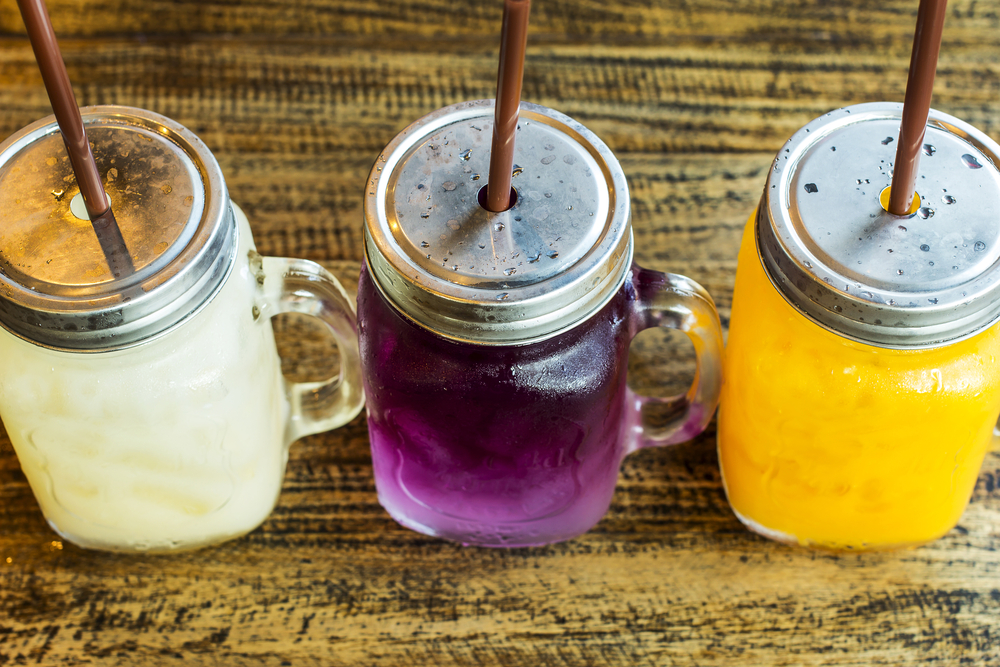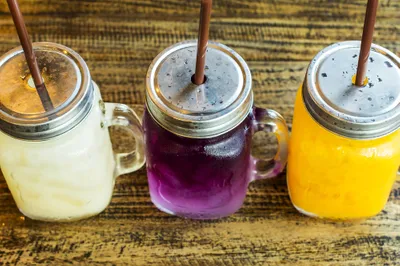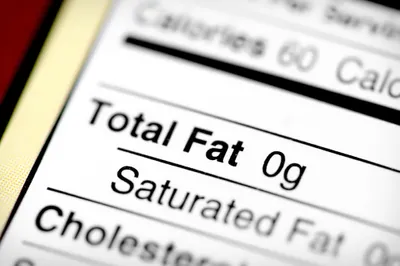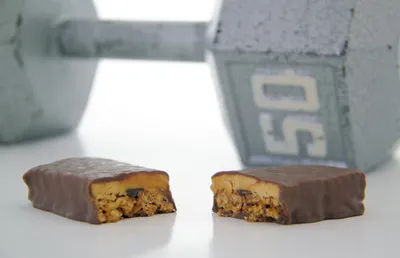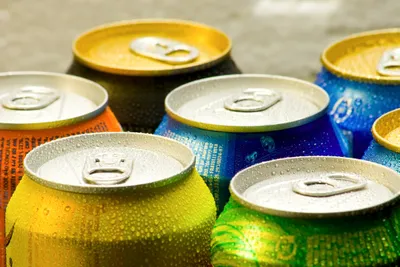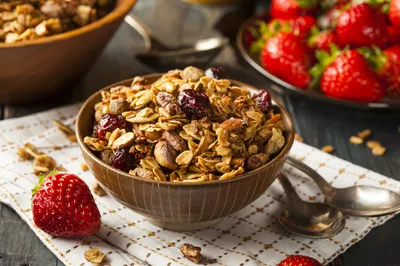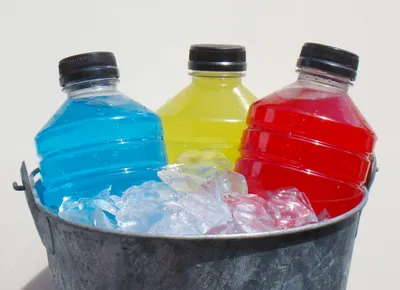Take a trip to the grocery store and you’ll be surrounded by products offering a ton of healthy benefits. From low calorie to low fat, and from vitamin-enhanced to detoxifying—the following eight so-called “good-for-you” products really aren’t that beneficial to your health.
Let’s find out why light beer, diet soda, and vitamin-enhanced waters really aren’t that smart for your health…
1. Light Beer
Light beer might suggest a misnomer that there are fewer calories in each bottle of can. However, that’s not always the case. Typically, a light beer label indicates less alcohol content—not fewer calories!
In fact, research from the Medical Journal of Australia notes that the meaning of “light” beer varies greatly between brands. For instance, a 12-ounce bottle of Bud Light or Coors Light still contains between 102- and 110 calories and 6.6 grams of carbohydrates. Plus, drinking light beer for a buzz typically leads to drinking more in quantity.
2. Juice Cleanses
Juice diets are commonplace with those trying to shed pounds in time for a special occasion (i.e., high school reunion or wedding) and also following feasting holidays (i.e., Christmas and Thanksgiving). But while juicing almost always ensures more fresh fruit and veggies in your diet—it can also be void of other essential nutrients (i.e., healthy fats and protein) and adequate calories to stay energized all day.
Research from WebMD points to several downsides of juicing in addition to the lack of essential nutrients and calorie cutting aspects. Firstly, most juice-only diets don’t fill you up because they lack protein often causing you to rebel by binge eating unhealthy foods. This extreme diet can also lead to loss of muscle mass. In the end, no scientific evidence confirms that this form of detox effectively cleanses your liver or kidneys.
3. Low-Fat Labels
While many folks shy away from raw nuts, salmon, and avocados due to their high-fat content—there is a big difference between healthy (monounsaturated, polyunsaturated, and omega-3 fatty acids) vs. unhealthy (saturated and trans fats) dietary fat sources. Research from the Mayo Clinic claims that you shouldn’t completely eliminate all fat from the diet.
For instance, without dietary fat (a macronutrient), the body would struggle with several body functions—including vitamin absorption, as well as fueling the brain and body. Instead, a good rule of thumb is consuming healthy fat in moderation.
4. Protein Bars
When it comes down to nutritional make-up, most protein bars aren’t much different than a chocolate bar. Protein bars are meant to be meal-replacements or post-workout snack, which means they’re super high in calories—and those calories normally come from sugar (or corn syrup and artificial sweeteners).
In fact, a Consumer Labs study of 30 different protein bars revealed that 60-percent of bars examined failed to match the nutrition data on their labels. The study concluded that after exercising, you’d be better with a Snickers bar than most protein bars, which just pack back on the calories you burned during exercise.
5. Diet Soda
Those hooked on Coke or Pepsi often think they’re doing a good thing when they opt for the diet version of their favorite form of crack…I mean soda. However, studies suggest that diet and zero-calorie sodas are as damaging as the full-sugar beverages.
Research conducted by Sara Bleich, PhD, an associate professor in Health Policy and Management at Johns Hopkins School of Public Health, found that overweight adults who consume diet beverages vs. regular soda actually consume more calories from food. Dr. Bleich points out that this is likely due to the artificial sweeteners in soda that tap into the reward center in the brain—creating sweet cravings that encourage sweet eats from other food sources.
6. Granola
Granted most granola and granola bar commercials feature fit hikers and kids running after a dog in the park. However, most store-bought forms of granola aren’t actually that healthy. While many boxes and bars might contain an impressive amount of whole grains—they usually contain a lot of calories and a ton of sugar.
According to Keri Gans, a Registered Dietician who penned the book, Small Change Diet, a small cup of granola can contain upwards of 600-calories! Instead, Gans recommends noshing on a whole-grain, low sugar, fibrous cereal with fresh berries and low fat yogurt added for sweetness.
7. Supplementing
If you don’t get your vitamin C from a bottle where else are you supposed to get it? This is the reason why many individuals pop supplements—even though more and more studies show that taking vitamins and supplements in pill form vs. whole foods may be robbing the body of nutritional compounds found solely in natural food sources.
According to research from the Mayo Clinic, supplements are not meant to be food substitutes because they can’t make up for the nutrients and benefits of whole foods (i.e., grains, lean meats, fruits, and vegetables). For instance, whole foods offer complex and various micronutrients required by the body body needs (i.e., antioxidants, beta carotene, calcium, vitamin C) that are needed to work together. You also can’t glean disease-preventing fiber from vitamins and supplements. Fiber is essential for warding off cardiovascular disease, cancer, high blood pressure, and type 2 diabetes.
8. Enhanced Waters
If you don’t dig plain old water, a little fruity flavor infused into your water may have you sipping sooner and more frequently. However, that fruity flavor in store-bought enhanced waters (i.e., Vitamin Water and Life Water) typically comes from added sugar and artificial fruit flavoring.
According to data provided by the U.S. Food and Drug Administration, vitamin-enhanced waters can wreak havoc on your diet and waistline. For instance, most enhanced waters—while fortified vitamins—contain sneaky ingredients to improve taste (i.e., artificial sweeteners, syrups, fruit flavoring, artificial herbs, and even caffeine. Always read your nutritional labels thoroughly to know exactly what you’re pitting into your body.
